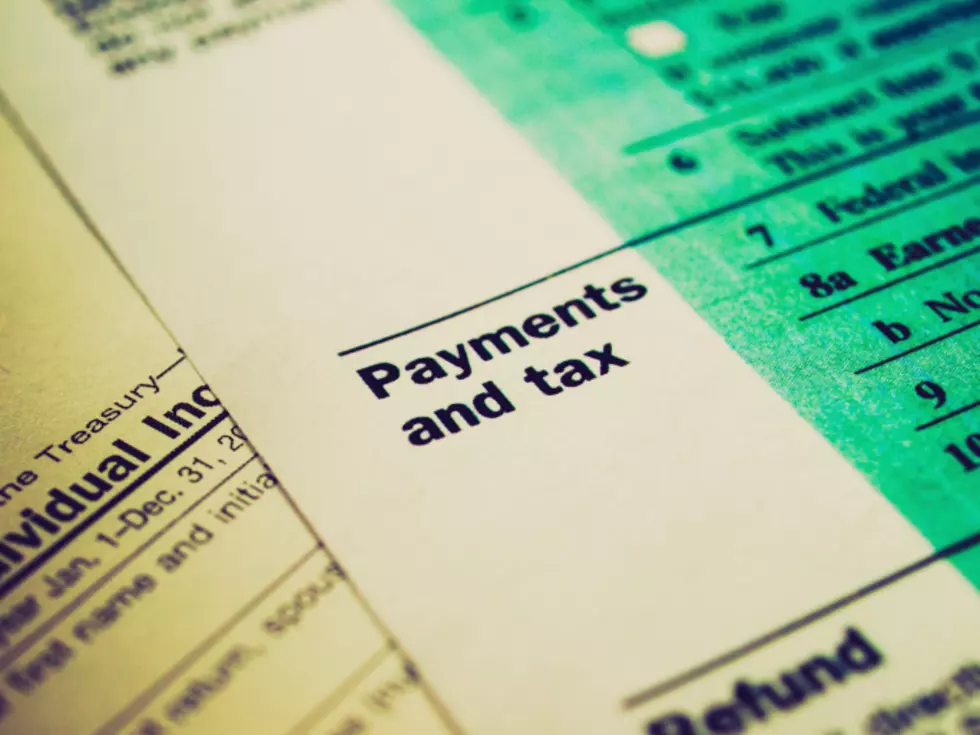
Knowing the rules to 529 accounts
Q. I have what should be a simple question, but even the state can’t give me a definitive answer. Say I have qualified education expenses of $10,000 and I take a withdrawal of $10,000 from a 529 Plan, and $1,000 are earnings. For my federal return, I claim the full $2,500 American Opportunity Tax Credit (AOTC) based on $4,000 of the Qualified Education Expenses. According to the guidelines, my qualified expenses are reduced by $4,000 to $6,000, so I need to pay taxes on $400 of the earnings to the feds. But what about the state? Do I need to report $400 of the earnings to the state on line 15a, or are none of the earnings taxable for the state?
— Not sure
A. We’re glad you asked. Tax-free college accounts can be confusing when mixed with other tax benefits.
The Economic Growth and Tax Relief Reconciliation Act of 2001 turned 529 plans from tax-deferred college savings plans into tax-free college savings plans, said Cynthia Fusillo, a certified public accountant with Lassus Wherley in New Providence.
She said what this means that withdrawals from such plans, including earnings, are tax-free if used for qualified tuition expenses. Today over $205 billion is invested in these plans.
There is no “double dipping” allowed for federal income tax purposes, Fusillo said, meaning you can’t use tax-free money for college expenses and then take a deduction or credit for those same expenses.
“You must, as you said, report a pro-rated portion of earnings as taxable when you get the benefit of the American Opportunity Tax Credit,” she said.
Section 54A: 6-25 of the New Jersey Gross Income Tax Act (revised statutes) states that gross income shall not include qualified distributions from a state tuition program, (including plans pursuant to section 529 of the Internal Revenue Code), Fusillo said.
“Qualified distributions include those used for qualified higher education expenses,” Fusillo said. “Since New Jersey does not offer credits for higher education expenses there is nothing to pro-rate and your earnings distribution would be non-taxable.”
For informational purposes, Fusillo said, other non-taxable qualifying distributions for New Jersey are a rollover from one account to another or a change in designated beneficiaries of an account.
Karin Price Mueller writes the Bamboozled column for The Star-Ledger and she’s the founder of NJMoneyHelp.com. Click here to sign up for the NJMoneyHelp.com weekly e-newsletter. Like NJMoneyHelp.com on Facebook and follow it on Twitter.
More From New Jersey 101.5 FM









